When it comes to choosing the best CPU cooler, there’s a diverse range of options that cater to both casual users and PC gaming enthusiasts. For most home users, the key criteria of a good CPU cooler are that it should keep your CPU cool while remaining quiet, though some users may want all-out cooling performance over noise suppression or need a super low-profile cooler to fit in a tiny PC. Whatever your needs, we’ve got a CPU cooler for you.
The world of gaming PC CPU coolers may seem daunting, but fear not! We’ve assembled a list of the best CPU coolers from reliable brands like Noctua, Cooler Master, Be quiet!, MSI, and NZXT. We’ve crafted a dedicated guide just for the best AIO cooler options, and if you’re wondering how to overclock your CPU, we can help with that too.
When picking a CPU cooler, ask yourself what your budget is, what space your case has, whether you care about making a fancy-looking interior to your case, and how much you care about noise. In general, quality air coolers are the best bet for most systems, as they can be quite cheap while being quiet. However, they can be big, bulky, and difficult to install. Instead, for a cleaner-looking build and an easier installation, all-in-one (AIO) water coolers are your best bet, but they can be a touch noisier and more costly too.
Why you can trust our advice ✔ At PCGamesN, our experts spend hours testing hardware and reviewing games and VPNs. We share honest, unbiased opinions to help you buy the best. Find out how we test.
Best CPU coolers:
How to choose the best CPU cooler
When choosing which CPU cooler is right for you, keep the following points in mind.
- Pricing: Low-tier coolers might cost around $50 (£40), while high-end options are as high as $250 (£200). Keep this range in mind as you buy – anything less than that is likely to be an inferior product, and anything more than it is likely to be overkill for personal use.
- Noise level: We’ve noted the dBA of each cooler on this list, which gives you an idea of how noisy each one is. As a point of reference, a standard PC has a dBA somewhere between 30 and 50 when operating normally. Your cooler is not likely to be noisier than your PC itself, but keep in mind that it will be making the whole setup louder, and if you’re sensitive to sound, the lower the better.
- AIO options: AIO coolers use a water-cooling system to keep your PC from overheating, while other coolers use air. If you’re in the process of overclocking your gaming PC, then an AIO cooler is going to be essential as air coolers can’t keep things cool to quite the same extent.
- RGB: RGB lighting will make or break a set-up depending on your tastes. If you despise RGB lights, keep in mind that they’re not exactly optional on some CPU coolers, and if you adore them, make sure you avoid the coolers that don’t have any
With CPU coolers in particular, it’s important to test when pushing your device to its limits, as well as when using it for everyday purposes. Maybe it’s really loud, but only during understandable circumstances where you’re getting the most out of your PC that you can. If it’s still that loud when doing relatively sedentary tasks, this is going to make it a less appealing option. Meanwhile, you’ll need to check measurements and compare them against what your gaming desk can manage, and what space you have. If you’ve got any other questions, check out the FAQs below:
FAQs
Do I need a CPU cooler?
Most Intel and AMD CPUs come with a cooler (known as the ‘stock’ cooler), and they’re not necessarily that bad. If you’re planning on using your gaming PC for no-thrills gaming or non-intensive tasks, you can probably just go ahead and use the fan that came with your processor. Of course, if you want to squeeze every drop of performance from your gaming PC, whether through overclocking or just playing games at 4K, you’ll want to opt for a cooler that can bring temperatures down as low as they go.
Do I need a liquid cooler?
AIO coolers, on the other hand, do wonders for those who plan to overclock their chip. Even if you don’t want to tinker with your gaming PC but can afford the price hike, they offer much more headroom, chipping degrees from your peak temperatures.
The main question on everyone’s mind is whether it’s worth the risk of putting liquid in the innards of your system, but leaks the size of which could damage your components are much rarer than you’d think. Besides, you’ll always be backed with great aftercare and warranties if you encounter any hiccups.
Do CPU coolers come with mounting brackets?
Your CPU cooler should come with a selection of mounting brackets, but processor designs and shapes are continually evolving. If your cooler of choice was released before the new Intel Alder Lake series, you might find it doesn’t come with a suitable LGA 1700 bracket. Thankfully, you can pick up a new bracket fairly easily, and newer cooling options should be an issue.
Are stock CPU coolers good enough?
Long gone are the days of the included coolers sounding like a jet taking off once you boot up a game. The latest stock coolers from Intel and AMD are more than adequate if you’re not looking to overclock, or you’re trying to build the best cheap gaming PC.
Can a CPU cooler be too heavy?
You’re not likely to find one that’s so heavy that you can’t use it for your setup. You might have one that’s too big for small form factor PCs, but its weight won’t be the issue. Having said that, the heavier the cooler, the more it might vibrate and therefore increase its risk of wear and tear.
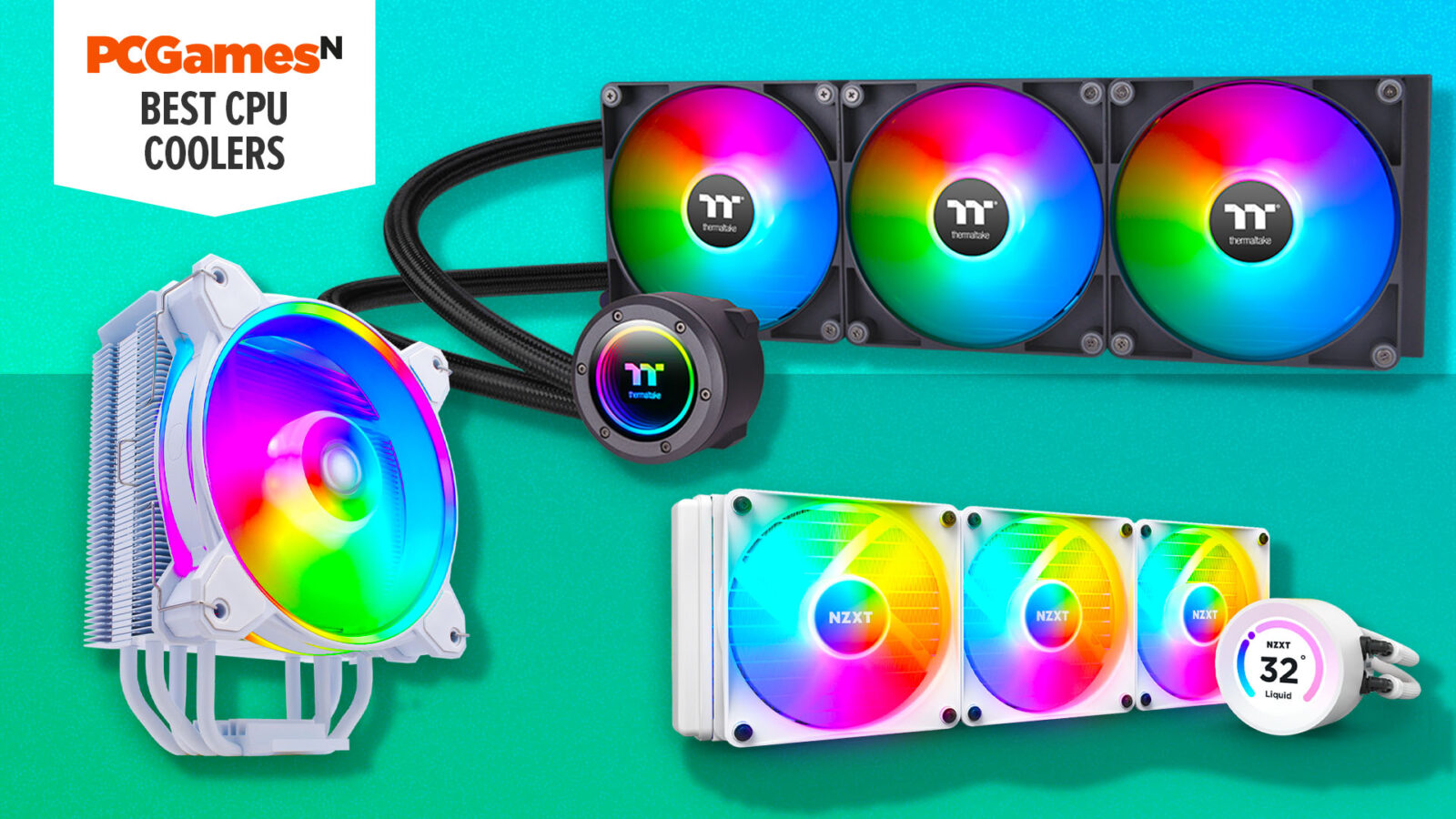
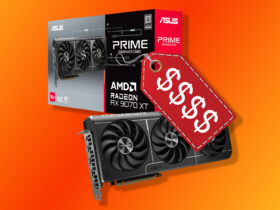
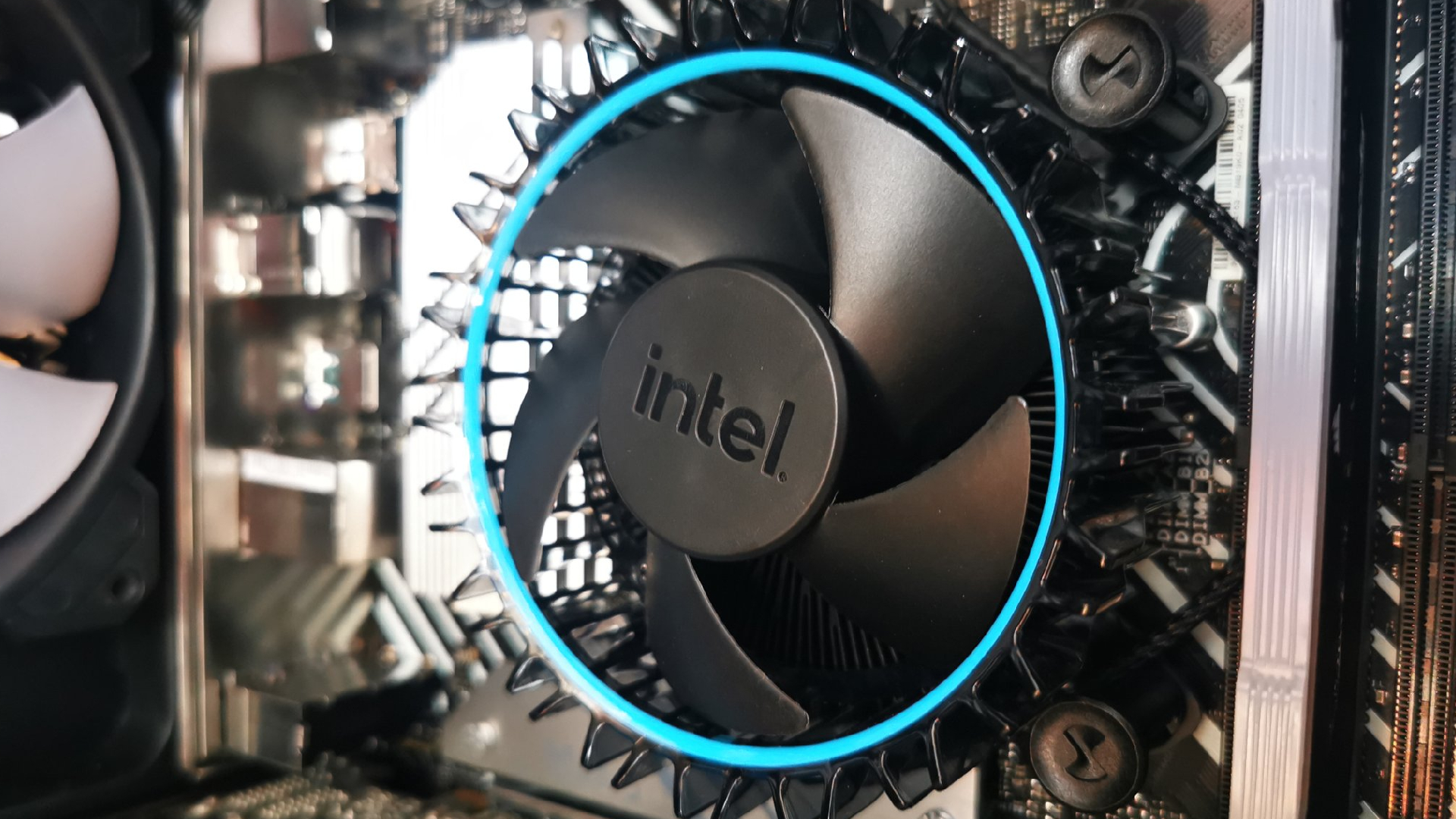




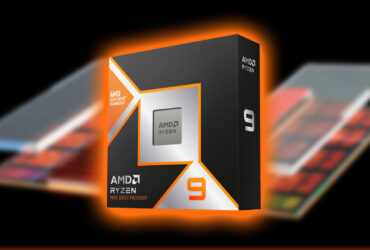
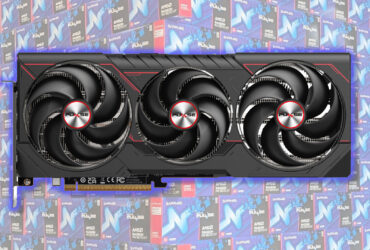




Leave a Reply